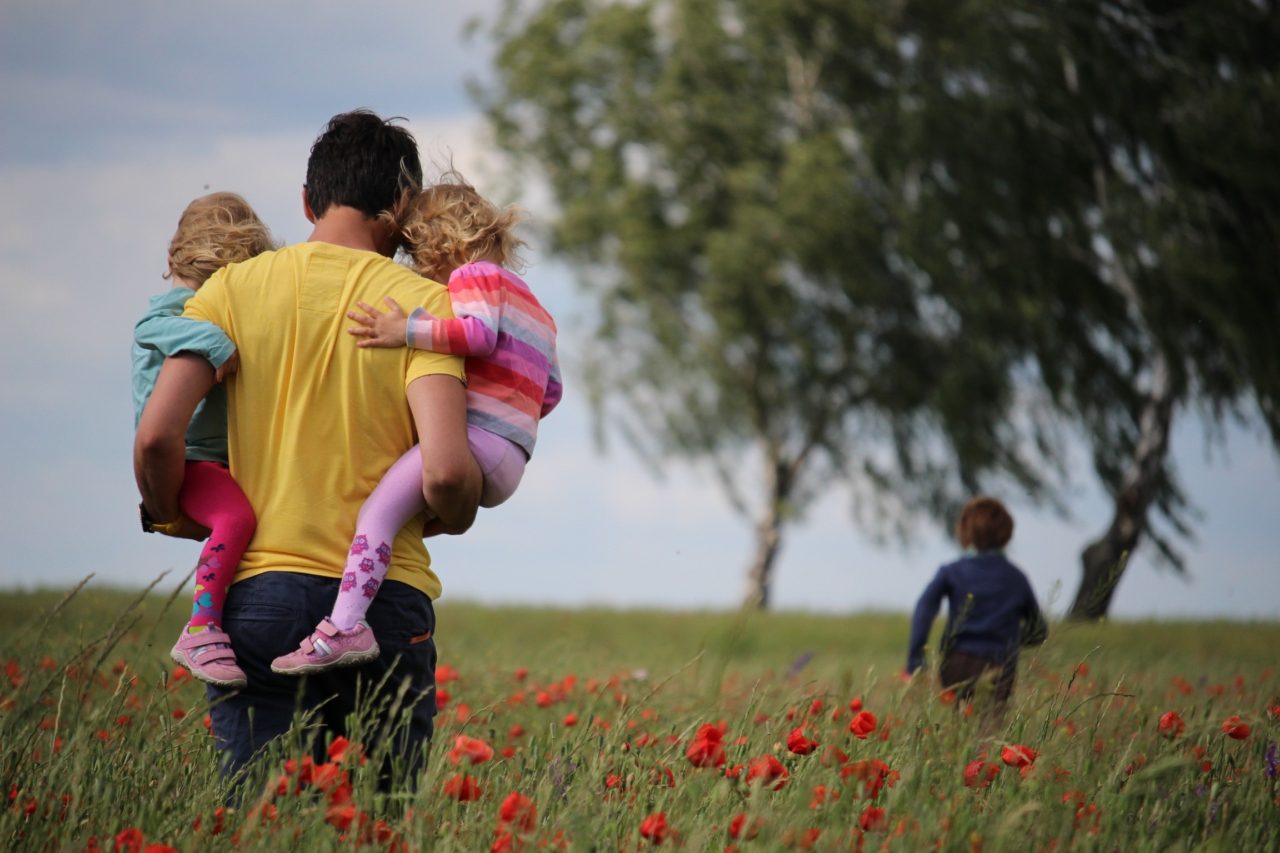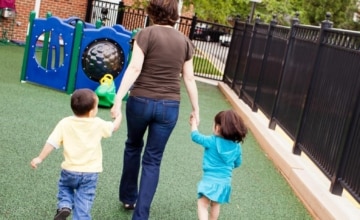Tragedies are especially distressing to families with young children. This resource is designed to help parents navigate this very challenging time. Learn how your child will respond to this stress and how you can support them during this difficult time.
The primary role of parents is to protect children. One important way to do this is to prevent their exposure to information they cannot handle. Young children do not need to be told about traumatic events that they have no way of understanding. So it is best to:
- Turn off TV and radio news reports; don’t leave newspapers lying around.
- Ask friends and family not to discuss the scary event around your child.
- Maintain your child’s regular routine.
Behaviors You Might See
Here are some common behaviors you might see in a young child after a scary or traumatic event:
- Increased clinginess, crying and whining
- Greater fear of separation from parents
- Increase in aggressive behavior
- More withdrawn and harder to engage
- Play that acts out scary events
- Changes in sleeping and eating patterns
- More easily frustrated and harder to comfort
- A return to earlier behaviors, like frequent night-wakening and thumb-sucking
What You Can Do
- Respond to your child’s need for increased attention, comfort and reassurance. This will make him feel safer sooner.
- Pay close attention to your child’s feelings and validate them. Ignoring feelings does not make them go away.
- Help your child identify her feelings by naming them (scary, sad, angry, etc.).
- Offer your child safe ways to express feelings, such as drawing, pretend play, or telling stories.
- Don’t discourage your child’s play because you find it disturbing. Young children work through frightening events by reenacting them through play. If your child seems to be distressed by his play, comfort him and redirect him to another activity.
- Be patient and calm when your child is clingy, whiny, or aggressive. He needs you to help him regain control and feel safe.
- Answer children’s questions according to their level of understanding: “Yes, a bad thing happened but we are keeping you safe.”
- And critically: Tune in to your own feelings and get the support you need to cope. Managing your own emotions allows you to exude a sense of calm, and lets your child know that you are strong and in control, which is the most powerful way to let your child know she is safe.




